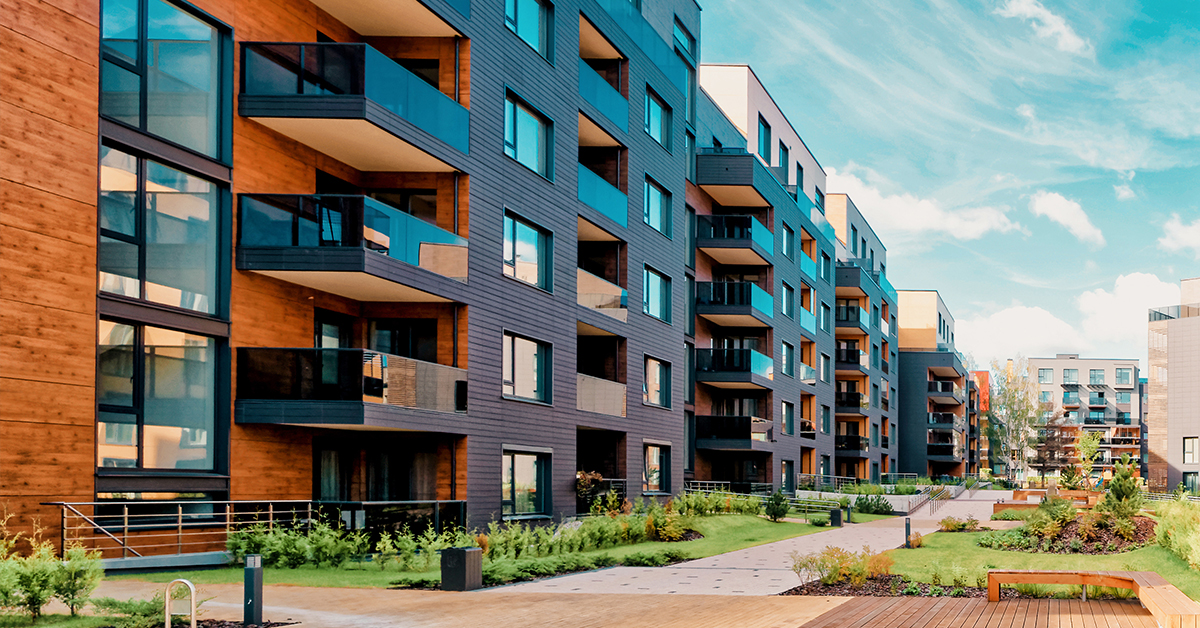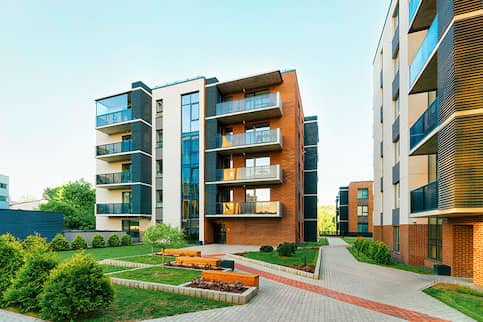The Role of an HOA in Developing and Enforcing Neighborhood Guidelines for Locals
The role of a Homeowners Organization (HOA) in developing and applying community standards is fundamental to keeping a organized and cohesive residential environment - hoa condo. By developing clear guidelines that govern facets such as home maintenance and community conduct, the HOA not just establishes criteria for homeowners however additionally promotes a feeling of belonging and responsibility. The application of these standards can present numerous obstacles, raising inquiries about communication, neighborhood, and fairness interaction. As we explore these intricacies, it ends up being obvious that the impact of an HOA prolongs much past simple rule enforcement.
Understanding Home Owners Associations
Homeowners associations (HOAs) act as governing bodies for household neighborhoods, playing a vital role in maintaining property values and fostering a feeling of neighborhood. Typically developed by programmers, HOAs are composed of home owners within an assigned area that choose a board to manage the organization's tasks. The primary functions of an HOA include implementing neighborhood rules, handling typical areas, and arranging community occasions.
HOAs operate under a set of controling records, including restrictions, covenants, and problems (CC&R s), which detail the rights and duties of homeowners. These guidelines intend to make sure that buildings are maintained to a certain criterion, therefore securing the visual allure and overall worth of the community. Furthermore, HOAs often collect dues from property owners to money maintenance, landscaping, and various other social work.
The visibility of an HOA can dramatically influence the living experience within an area (hoa condo). While some citizens appreciate the organized atmosphere and services given, others might find particular laws limiting. Stabilizing the passions of all home owners is important for an HOA to function successfully, making sure that it serves its intended function of improving neighborhood living while respecting specific property owner rights
Creating Community Standards

To begin, an HOA ought to carry out studies or convene that permit locals to articulate their worries and recommendations. This participatory process promotes a feeling of ownership and boosts conformity. Next off, the HOA board have to evaluate the comments to determine typical styles and priorities that require official addition in the standards.
It is additionally important to make sure that the guidelines are clear, succinct, and easily understood. Obscurities can lead to misunderstandings and problems, threatening the purpose of the standards. The standards ought to be detailed, covering different elements of community living, including residential property maintenance, sound levels, and usage of common areas.
Enforcement of Regulations
Reliable enforcement of neighborhood guidelines is essential for keeping order and making certain that all homeowners adhere to the established guidelines. An HOA should execute a structured technique to implement these policies, which usually entails a mix of monitoring, interaction, and penalties for non-compliance.
First, regular evaluations and area patrols can aid recognize infractions, ensuring that policies are constantly used across the area. This positive surveillance permits the HOA to resolve issues prior to they escalate, cultivating a sense of responsibility among homeowners.
2nd, clear communication is vital. Homeowners need to be notified of the policies and the procedures for reporting infractions. An open line of communication encourages homeowners to voice concerns and seek explanation on guidelines, which can boost conformity.
Last but not least, when offenses take place, the HOA must enforce effects as outlined in the regulating files. By effectively enforcing guidelines, an HOA can cultivate a harmonious living setting that reflects the collective worths of its residents.
Benefits of HOA Rules
Many advantages emerge from the execution of HOA guidelines, which serve to enhance the lifestyle within a neighborhood. this contact form One primary advantage is the maintenance of building values. By imposing criteria for aesthetic appeals and upkeep, HOAs guarantee that homes and common areas remain attractive, fostering a desirable living setting that can bring about boosted property values with time.
Furthermore, HOA policies promote consistency and harmony within the community. This comprehensibility in design and maintenance assists to produce a feeling of belonging among homeowners, adding to community satisfaction and a favorable ambience. Additionally, developed standards promote dispute resolution amongst neighbors by giving clear assumptions and methods for actions, consequently minimizing disagreements.
Another considerable advantage is the stipulation of shared facilities and services. Many HOAs manage community centers such as parks, clubs, and swimming pools, which boost leisure possibilities for citizens. These services not just enhance the quality of life yet also encourage social interaction.
Eventually, the guidelines established forth by an HOA cultivate a well-organized, harmonious neighborhood, making sure that residents appreciate a high requirement of living while promoting a helpful atmosphere for all house owners.
Common Obstacles Faced by HOAs
In the middle of the benefits that homeowners organizations (HOAs) can supply, they additionally experience a variety of difficulties that can impede their performance. Several property owners might not participate in conferences or neighborhood activities, leading to Read Full Article a detach in between the HOA board and residents.
Disagreements can develop when residents feel that enforcement is irregular or biased, potentially leading to problems within the neighborhood. Additionally, HOAs typically encounter economic restrictions, which can limit their ability to keep common locations or fund neighborhood projects.
In addition, navigating lawful intricacies can be discouraging for HOAs. They need to make sure conformity with state laws while managing their very own governing records, which can be a source of complication. Advancing and changing demographics area needs need HOAs to adjust their guidelines, typically satisfying resistance from long-lasting citizens that are accustomed to typical standards. Dealing with these Learn More obstacles is important for promoting a flourishing and unified community.
Verdict

By creating clear rules that control facets such as property maintenance and community conduct, the HOA not only establishes requirements for citizens yet also fosters a sense of belonging and responsibility.Homeowners organizations (HOAs) offer as governing bodies for domestic communities, playing a critical role in preserving building worths and promoting a feeling of area. Numerous home owners may not take part in conferences or neighborhood tasks, leading to a detach in between the HOA board and homeowners. Transforming demographics and advancing neighborhood needs need HOAs to adapt their guidelines, commonly fulfilling resistance from long-standing residents that are accustomed to traditional standards. Through the development of clear laws and constant enforcement, HOAs advertise building upkeep, area pride, and depend on among citizens.